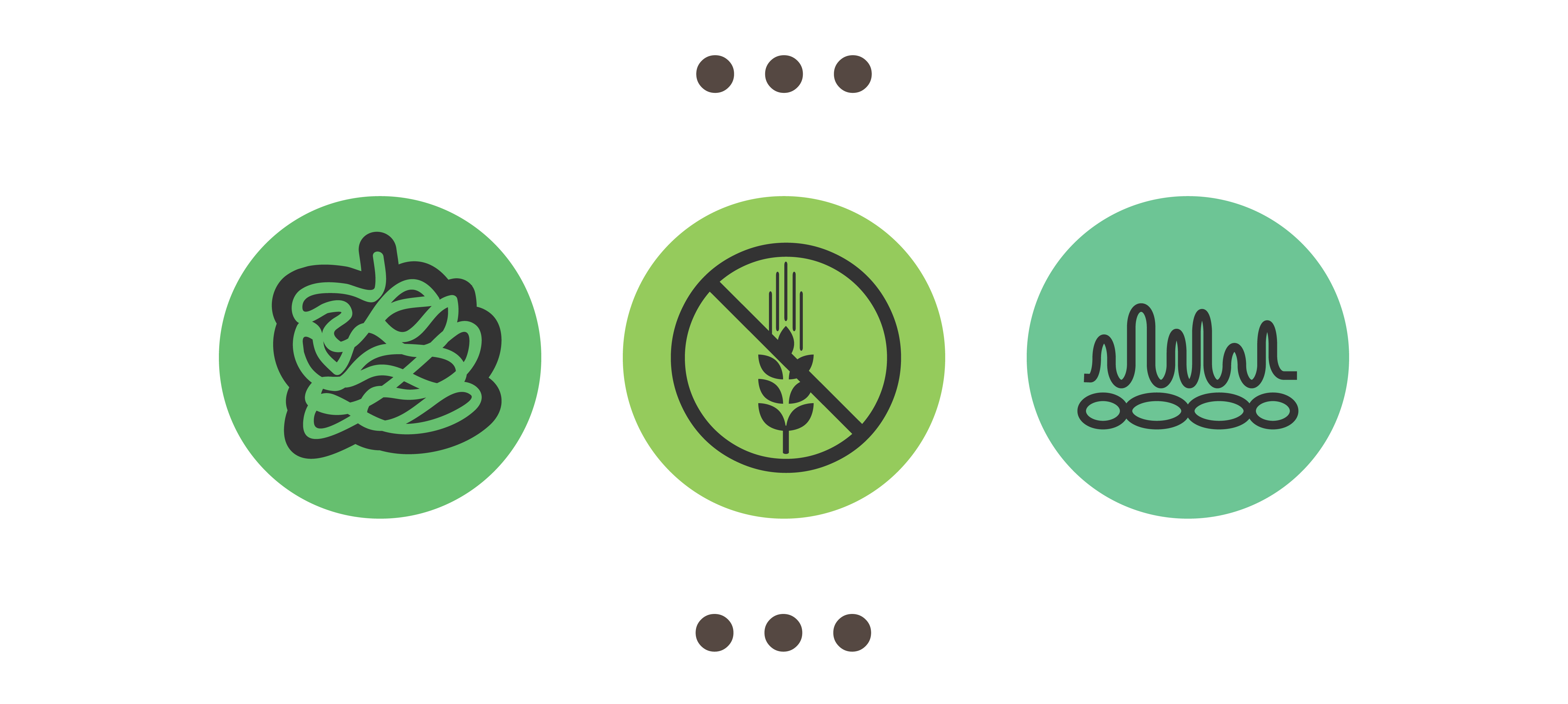Gluten-free diets have become very popular, and now it’s easier than ever to find gluten-free food. Is it necessary though? Probably not. Unless you actually have coeliac disease – a severe gluten allergy.
What Is Coeliac Disease?
Gluten is a protein found in wheat, barley, rye and other grains. And for people who have coeliac disease, gluten damages their small intestine, which makes it difficult to absorb nutrients from food and drink. Coeliac disease often goes undiagnosed, which is where the danger comes in, as it can damage organs. However, with the right treatment, it can be managed completely.
What are the Symptoms of Coeliac Disease?
Symptoms can vary from person to person, but there are a few common symptoms. Make an appointment to see your doctor if you have one or more of the following symptoms of coeliac disease:
- Recurring diarrhoea
- Bloated stomach – especially after eating
- Heartburn, indigestion or acid reflux
- Children that aren’t growing or developing normally
- Unexplained or unintentional weight loss
Who’s at Risk for Coeliac Disease?
Even though you might not experience symptoms, there are certain factors which put you at risk of coeliac disease:
- If you have another disease, for example Type 1 Diabetes, which often occurs together with coeliac disease
- If you have a close relative such as a parent, sibling, or child with coeliac disease
- If you have health problems like osteoporosis and iron deficiency, which can be caused by coeliac disease
If you have any of these risk factors, then speak to your doctor about screening for coeliac.
Healthy Living with Coeliac Disease
Naturally, the first major step is maintaining a gluten-free diet. It’s also important to:
- Keep informed about your condition, and research quality websites and support groups
- Focus on your overall health: commit to living gluten-free, eating well and exercise regularly
- Find out which restaurants cater for gluten-free diners, ask when you’re making a reservation and make sure that they can accommodate your dietary requirements
- If you have a child with coeliac disease, let friends’ parents know that your child can’t eat gluten.
- Plan ahead – if you’re going to be travelling thing about what gluten-free food you can take with you, if your options are limited.
Gluten-Free Food Shopping
It’s not as difficult as it may seem. Just be sure to go for fresh, unprocessed foods that are naturally gluten-free. This includes vegetables, fruit, nuts, legumes, meat, poultry, fish, seafood, dairy products and certain grains such as rice and pure oats. Corn, soy, millet, sorghum, buckwheat, and quinoa are also gluten-free grains.
It’s also important to get into the habit of checking nutritional labels on packaged foods, drinks, snacks and even medication.

